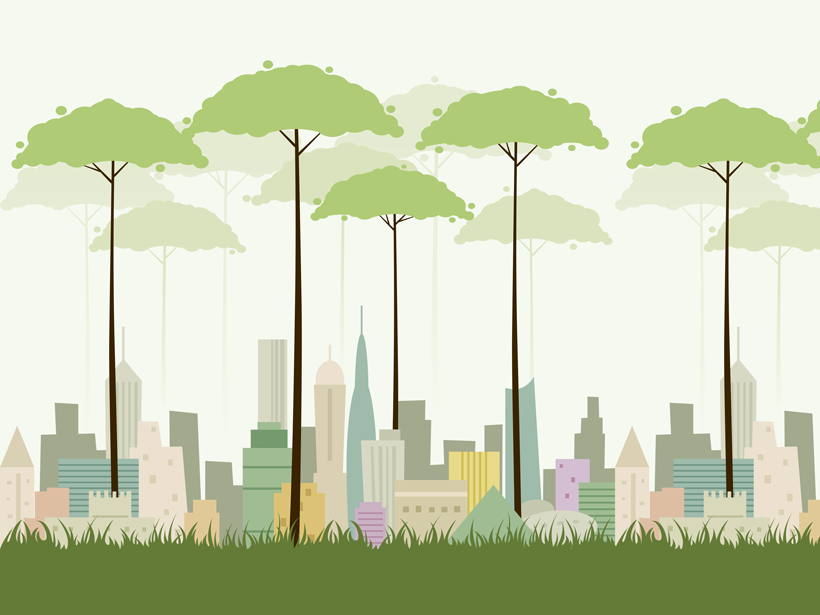No todos los residentes citadinos tienen el mismo acceso a los beneficios que brindan los espacios verdes. Para abordar esa inequidad se requiere la participación de la comunidad en cada etapa, desde la planificación hasta el desarrollo y la gestión.
sustainable development
La educación puede aumentar las emisiones pero mitigar el costo humano del cambio climático
El incremento en la educación en los países en vías de desarrollo podría traer un aumento modesto en las emisiones de carbono debido al crecimiento económico, pero la educación podría también reducir el impacto negativo del cambio climático en poblaciones vulnerables.
Growing Equity in City Green Space
City residents don’t all have the same access to the benefits of green space. Addressing that inequity requires community engagement at every stage from planning to development to management.
Development and Climate Change Contribute to a Himalayan Tragedy
Infrastructure projects like roads and dams destabilize slopes and compound the effects of glacial floods and avalanches, scientists say.
Human Activity Makes India’s Coastlines More Vulnerable
Researchers propose the creation of an anthropogenic vulnerability index to help guide conservation policy decisions.
Agricultura Sustentable Reflejada en Calidad del Agua de Cuba
Las muestras de agua de 25 ríos en el centro de Cuba están dominadas por signos de erosión de las rocas en lugar de la escorrentía de fertilizantes, según muestran investigadores que trabajan en instituciones cubanas y estadounidenses.
Finding Value in the Margins to Build a Bioeconomy
Monetizing environmental services of biofuel feedstocks could incentivize farmers to take advantage of marginal agricultural lands while also benefiting the landscape.
Converging on Solutions to Plan Sustainable Cities
Climate change will exacerbate the food, energy, water, health, and equity challenges that urban communities face, but cities also have opportunities to improve sustainability and outcomes.
Planning a Sustainable Future for Earth’s Oceans
Ocean experts are engaged in a long-term effort to envision, develop, and implement best practices for meeting today’s needs while preserving ocean resources for future generations.
Lending a Hand to Sustainability
Handprint thinking, a concept developed about a decade ago, is meant to complement ecological footprints and frame human actions in terms of how much good they can do to promote sustainability.










